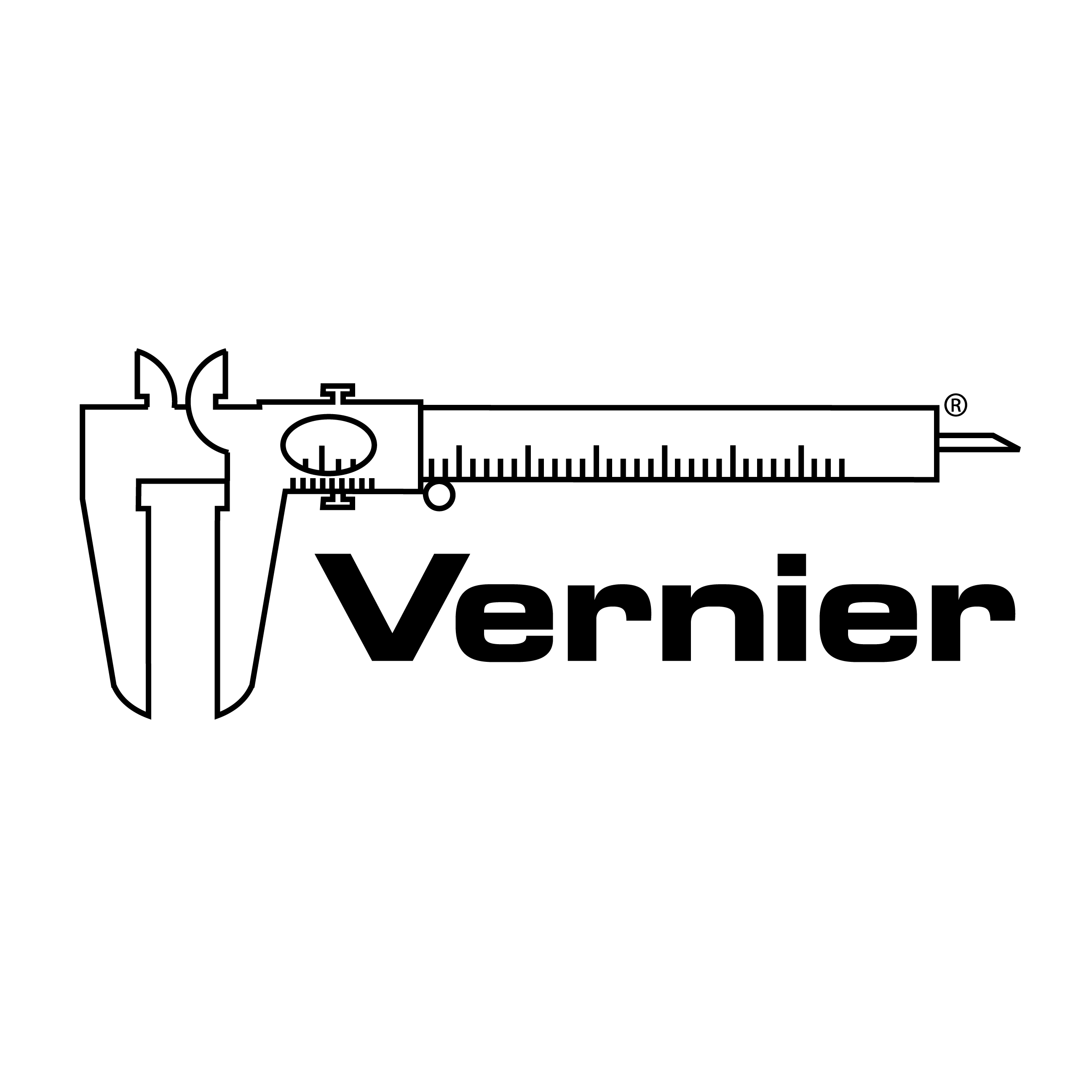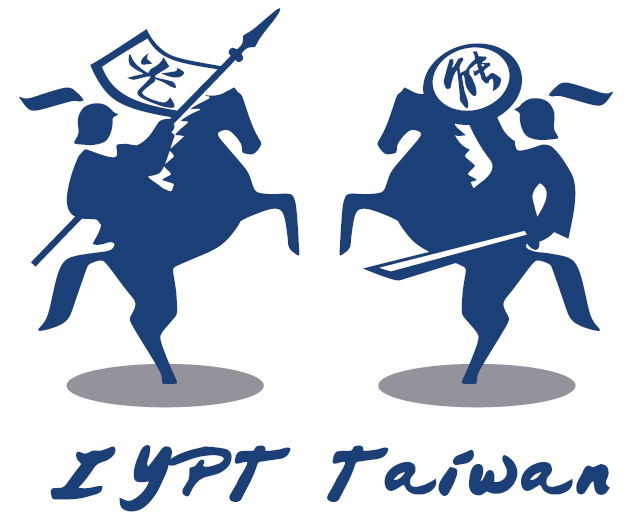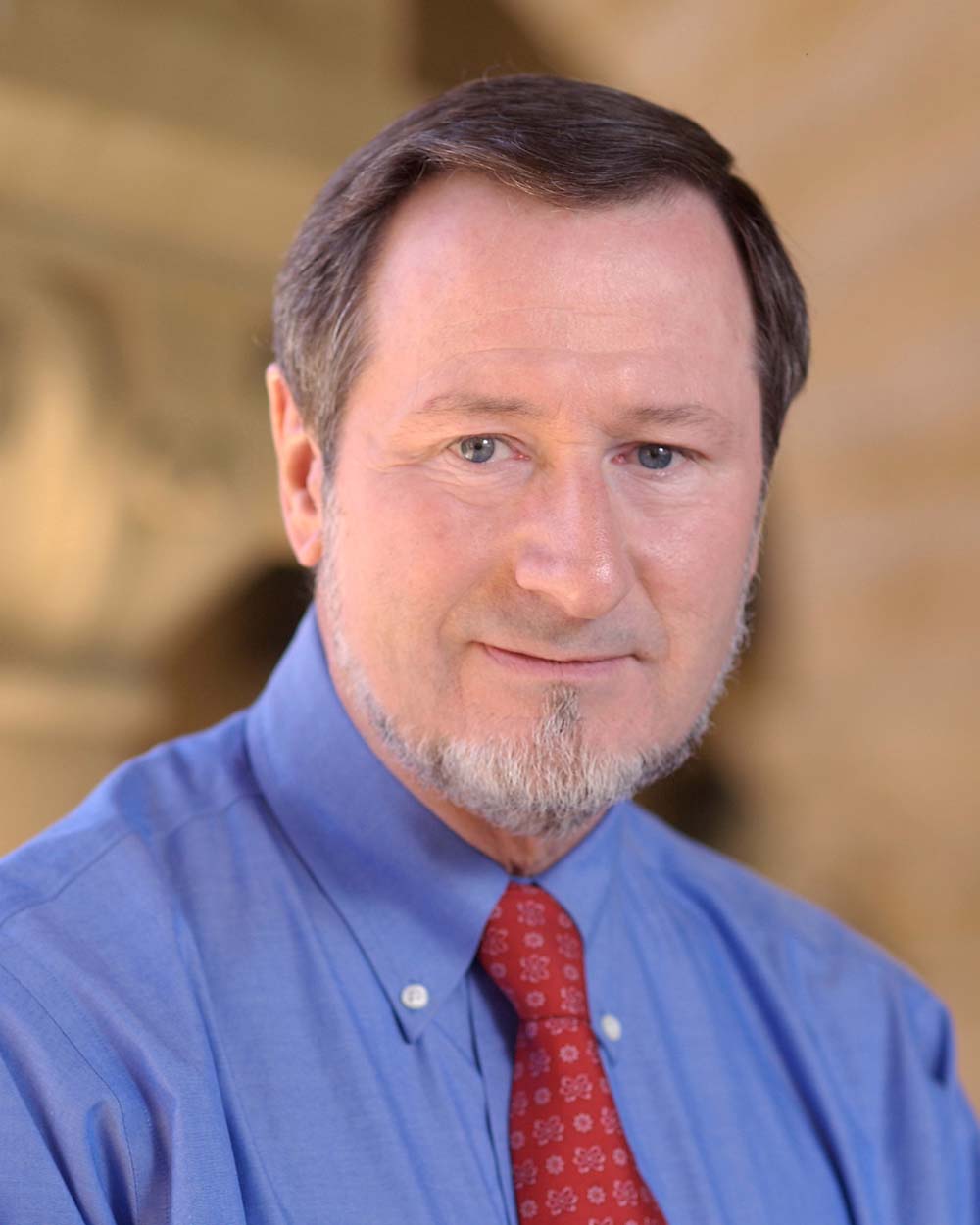Professor Douglas Osheroff
Title: How Advances in Science Are Made
Abstract:
How advances in science are made, and how they may come to benefit mankind at large are complex issues. The discoveries that most influence the way we think about nature seldom can be anticipated, and frequently the applications for new technologies developed to probe a specific characteristic of nature are also seldom clear, even to the inventors of these technologies. One thing is most clear: Seldom are such advances made by individuals alone. Rather, they result from the progress of the scientific community; asking questions, developing new technologies to answer those questions, and sharing their results and their ideas with others. There are indeed research strategies that can substantially increase the probability of one's making a discovery, and the speaker will illustrate some of these strategies in the context of a number of well-known discoveries, including the work he did as a graduate student, for which he shared the Nobel Prize for Physics in 1996.
Abstract:
How advances in science are made, and how they may come to benefit mankind at large are complex issues. The discoveries that most influence the way we think about nature seldom can be anticipated, and frequently the applications for new technologies developed to probe a specific characteristic of nature are also seldom clear, even to the inventors of these technologies. One thing is most clear: Seldom are such advances made by individuals alone. Rather, they result from the progress of the scientific community; asking questions, developing new technologies to answer those questions, and sharing their results and their ideas with others. There are indeed research strategies that can substantially increase the probability of one's making a discovery, and the speaker will illustrate some of these strategies in the context of a number of well-known discoveries, including the work he did as a graduate student, for which he shared the Nobel Prize for Physics in 1996.
Personal
Born 1 August 1945, Aberdeen, Washington
Primary and secondary education in Aberdeen, Washington
Education
California Institute of Technology 1967, graduated with B.S in Physics
Cornell University 1973, graduated with Ph.D in Physics
Thesis Title
Ph.D. Unusual Low Temperature Properties of Liquid and Solid Helium Three
Professional Experience
1972-1981, Member of Technical Staff, AT&T Bell Laboratories
1981-1987, Head, Solid State and Low Temperature Physics Research, Bell Labs
1987-present, Professor of Physics and Applied Physics (by courtesy), Stanford Univ.
(Chair, Department of Physics 1993-1996 and 2001-2004)
Research Activities and Interests
Solid State, Low-Temperature Physics, Quantum fluids and solids at ultra low
temperatures. Weak localization. Low temperature properties of glasses. Low
temperature properties of solids.
Membership in Professional Associations, etc.
Fellow, American Association for the Advancement of Science
Fellow, American Physical Society
Member, American Academy of Arts and Sciences
Member, National Academy of Sciences
Member, Columbia Accident Investigation Board
Other Activities:
Judge, Intel Science Talent Search 2001-2004
Member, Scientists for America
Member, Columbia Accident Investigation Board (NASA, 2003)
Member, Rector's Advisory Board, Heidelberg University
Member, Advisory Board, Institute for Advanced Studies, Nanyang Technical University, Singapore
Scientific Advisory Board of the European Microkelvin Collaboration
Member of the Advisory Board of the J. Low Temp. Physics
Honors and Awards
1976, Sir Francis Simon Memorial Award
1981, Oliver E. Buckley Condensed Matter Physics Prize
1981, MacArthur Prize Fellow Award
1982, Member, American Academy of Arts and Sciences
1987, Member, National Academy of Sciences
1992, J.G. Jackson and C.J. Wood Chair in Physics
1996, Nobel Prize for Physics
1998, Richtmyer Memorial Lecture Award, AAPT
2000, Foreign Associate, Korean Academy of Science and Technology
2002, Honorary Senator, Heidelberg University
2006, Honorary Doctor of Science Degree, Ohio State University
2008, Honorary Doctor of Science and Technology, Helsinki Univ. of Tech.
Born 1 August 1945, Aberdeen, Washington
Primary and secondary education in Aberdeen, Washington
Education
California Institute of Technology 1967, graduated with B.S in Physics
Cornell University 1973, graduated with Ph.D in Physics
Thesis Title
Ph.D. Unusual Low Temperature Properties of Liquid and Solid Helium Three
Professional Experience
1972-1981, Member of Technical Staff, AT&T Bell Laboratories
1981-1987, Head, Solid State and Low Temperature Physics Research, Bell Labs
1987-present, Professor of Physics and Applied Physics (by courtesy), Stanford Univ.
(Chair, Department of Physics 1993-1996 and 2001-2004)
Research Activities and Interests
Solid State, Low-Temperature Physics, Quantum fluids and solids at ultra low
temperatures. Weak localization. Low temperature properties of glasses. Low
temperature properties of solids.
Membership in Professional Associations, etc.
Fellow, American Association for the Advancement of Science
Fellow, American Physical Society
Member, American Academy of Arts and Sciences
Member, National Academy of Sciences
Member, Columbia Accident Investigation Board
Other Activities:
Judge, Intel Science Talent Search 2001-2004
Member, Scientists for America
Member, Columbia Accident Investigation Board (NASA, 2003)
Member, Rector's Advisory Board, Heidelberg University
Member, Advisory Board, Institute for Advanced Studies, Nanyang Technical University, Singapore
Scientific Advisory Board of the European Microkelvin Collaboration
Member of the Advisory Board of the J. Low Temp. Physics
Honors and Awards
1976, Sir Francis Simon Memorial Award
1981, Oliver E. Buckley Condensed Matter Physics Prize
1981, MacArthur Prize Fellow Award
1982, Member, American Academy of Arts and Sciences
1987, Member, National Academy of Sciences
1992, J.G. Jackson and C.J. Wood Chair in Physics
1996, Nobel Prize for Physics
1998, Richtmyer Memorial Lecture Award, AAPT
2000, Foreign Associate, Korean Academy of Science and Technology
2002, Honorary Senator, Heidelberg University
2006, Honorary Doctor of Science Degree, Ohio State University
2008, Honorary Doctor of Science and Technology, Helsinki Univ. of Tech.



